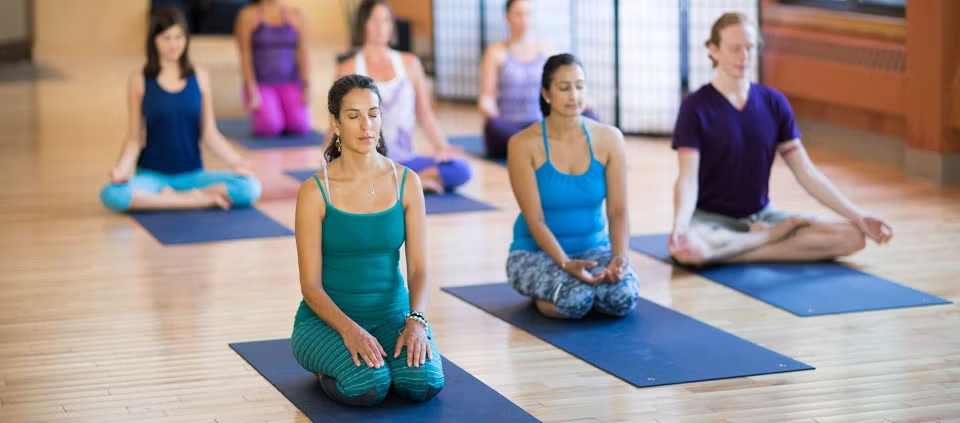Yoga retreats create powerful environments for habit transformation by removing people from familiar triggers while introducing structured practices that rewire automatic behaviours. The intensive format disrupts daily unconscious patterns that operate on autopilot, creating space for conscious choice-making. This combination of environmental change and mindful practice provides ideal conditions for releasing destructive habits and establishing healthier alternatives. Many participants find that attending a Yoga Retreat in Koh Phangan offers the perfect setting for habit transformation due to the island’s natural beauty and the absence of familiar environmental cues that trigger unwanted behaviours. The retreat structure replaces old routines with intentional activities supporting physical and mental well-being, making it easier to recognize and modify harmful patterns that have become deeply ingrained.
Interrupting habit loops
Habit loops have three components that operate automatically once established: cue, routine, and reward.
- Retreats interrupt these cycles by removing familiar cues while providing alternative routines that satisfy the underlying psychological needs that drive unwanted behaviours.
- The structured retreat environment replaces chaotic daily schedules with intentional activities that prevent mindless behavior patterns from operating unchecked. Participants must consciously choose each action rather than following established routines, creating opportunities to recognize when old urges arise and practice responding differently.
- This interruption process often feels uncomfortable initially as the brain seeks familiar patterns for stress relief or emotional regulation. The retreat setting provides safe containers for experiencing this discomfort while learning healthier coping mechanisms that can replace destructive habits long-term.
Mindful awareness training
Mindfulness practices taught during retreats develop the mental muscle to observe urges and impulses without automatically acting on them. This observer consciousness creates space between stimulus and response, proving essential for breaking automatic behavioural patterns.
- Daily meditation sessions strengthen the prefrontal cortex responsible for impulse control and conscious decision-making
- Breathing exercises provide immediate tools for managing cravings and emotional triggers when they arise
- Body awareness practices help identify physical tension and discomfort before they drive unhealthy coping behaviors
- Walking meditation teaches how to maintain mindfulness during routine activities that often trigger unconscious habits
- Eating meditation transforms the relationship between food and consumption patterns through present-moment awareness
The mindfulness skills developed during intensive retreat practice become portable tools that participants can access in challenging situations after returning home, providing sustainable alternatives to old coping mechanisms.
Community support systems
Group dynamics at retreats create powerful social reinforcement for positive behaviour changes while providing accountability that helps participants commit to transformation goals. Shared experiences normalize habit-change challenges while offering inspiration through witnessing others’ success.
- Group meditation sessions amplify individual motivation through collective energy and shared intention
- Partner accountability systems provide gentle support for maintaining new practices throughout the retreat
- Shared experiences offer encouragement and a chance to voice struggles
- Communal meals demonstrate healthy eating patterns and social connection without relying on substances or unhealthy behaviours
- Evening gatherings replace typical social activities that often involve habits participants want to change
The supportive community aspect often becomes one of the most transformative elements of retreat experiences, showing participants that meaningful connection is possible without engaging in harmful behaviours.

